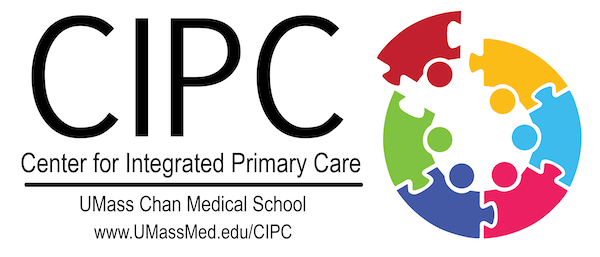MI Pre-recorded Lessons: Topics and Learning Objectives
Video Lesson 1: Health Care Behavior Change and MI
- Describe the urgency of addressing health behavior in the delivery of patient care
- Analyze the relationship between the Stages of Change and MI
- Describe the limitations of paternalistic advice-giving approaches to facilitating health behavior change
Video Lesson 2: Defining MI
- Describe Motivational Interviewing
- List the elements of MI that differentiate it from other approached to behavior change
- List three behaviors that are incompatible with MI
- Describe concepts including: Resisting the Righting Reflex, Ambivalence, and Autonomy
Video Lesson 3: Spirit of MI
- List the elements of the Spirit of Motivational Interviewing
- Describe the guiding style and the role of collaboration in MI
- Describe the role of a nonjudgmental approach and acceptance in behavior change
- Compare evoking and education and describe the role of each in behavior change
Video Lesson 4: OARS
- Compare between open-ended questions, affirmations, reflections, and summaries
- Describe the differences between open-ended and closed-ended questions
- List three ways summaries can be used in the practice of Motivational Interviewing
- Describe affirmations and their value in behavior change
- Analyze reflections in MI
Video Lesson 5: Complex Reflections and Empathy
- Describe the differences between complex and simple reflections
- Compare the relationship between complex reflections and empathy
- Demonstrate simple and complex reflections
Video Lesson 6: Change Talk and Sustain Talk
- Describe ambivalence and its relationship to patient behavior change
- Analyze the essential qualities of change talk
- Compare change talk from sustain talk
- Describe change talk in patients' utterances
Video Lesson 7: Responding to Sustain Talk and Discord
- Describe sustain talk from discord
- Describe three approaches to responding to sustain talk
- List three strategies for responding to discord
Video Lesson 8: The 4 Processes
- Describe the four processes of Motivational Interviewing
- Describe the relationship between the four processes and OARS skills
- Describe how change talk and sustain talk may differ in each process
- Describe how evoking relates to each of the four processes
- Apply the four processes to work with patients with chronic diseases
Video Lesson 9: Change Planning
- List three indicators that patients are prepared to develop a change plan
- Assess the role of the Spirit of MI and OARS in change planning
- Describe the essential elements of high-quality change plans
Video Lesson 10: Motivational Interviewing: Theory and Evidence
- Describe the history of MI
- Describe current theories of why MI works
- Compute the evidence for MI in facilitating behavior change
- Describe the evidence for empathy in healthcare encounters
- Describe the evidence for change talk and behavior change
